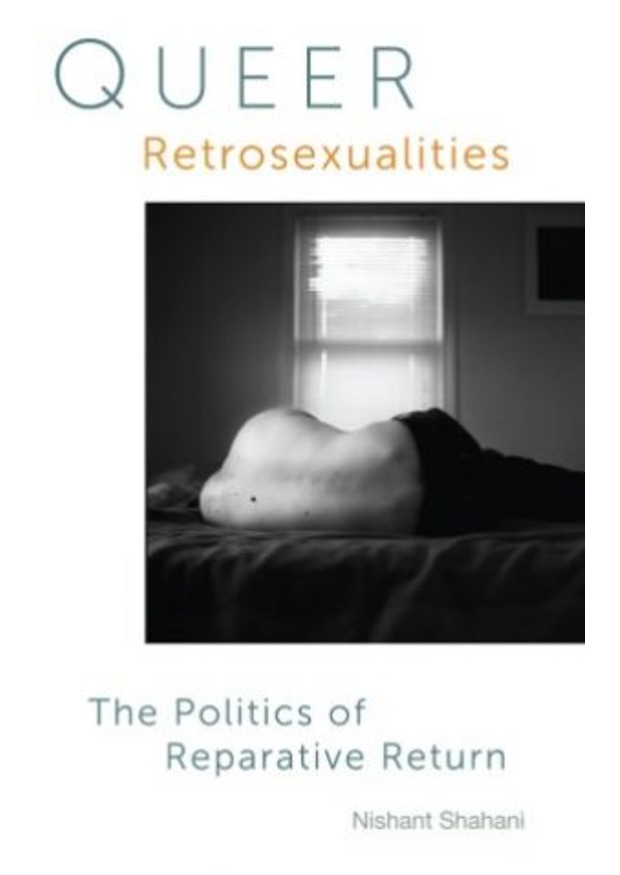The Politics of Reparative Return
Queer Retrosexualities: The Politics of Reparative Return examines the retrospective logic that informs contemporary queer thinking; specifically the narrative return to the 1950s in post-1990s queer and LGBT culture in the United States. The term “Queer Retrosexuality” marks the intersection between retrospective thinking and queerness—to illustrate not only how to “queer” retrospection, but also how retrospection, in some senses can be thought of as always already queer. This book examines the historical possibilities that inform the narrative return to the 1950s in queer cultural and literary productions such as Samuel Delany’s The Motion of Light in Water, Todd Haynes’s Far from Heaven, Sarah Schulman’s Shimmer, and Mark Merlis’s American Studies—all texts that return to a traumatic past marked by shame, exile, and persecution. Queer Retrosexualities inquires into what motivates the return in these texts to a historical moment informed by the bruises and wounds of history; but more importantly, it poses the question of how such a turn backwards could be theorized as reparative or even hopeful. This book shows how the framework of queer retrospection offers new ways of understanding history and culture, of reformulating disciplines and institutions, and of rethinking traditional modes of political activism and knowledge production. Even while it seems counterproductive to return to a historical moment that is marked by the persecution of sexual and racial minorities, the book examines how a shared feeling of relationality and community produced by the exile of shame shapes the political value of queer retrosexualities. The retrospective return to the 1950s allows queer thinking to move away from the commodification of queer culture in the present that masquerades as progress. Thus, the book theorizes how traumatic history becomes a valuable resource for the political project of assembling collective memory as the base materials for imagining a different—and more queer—future.













